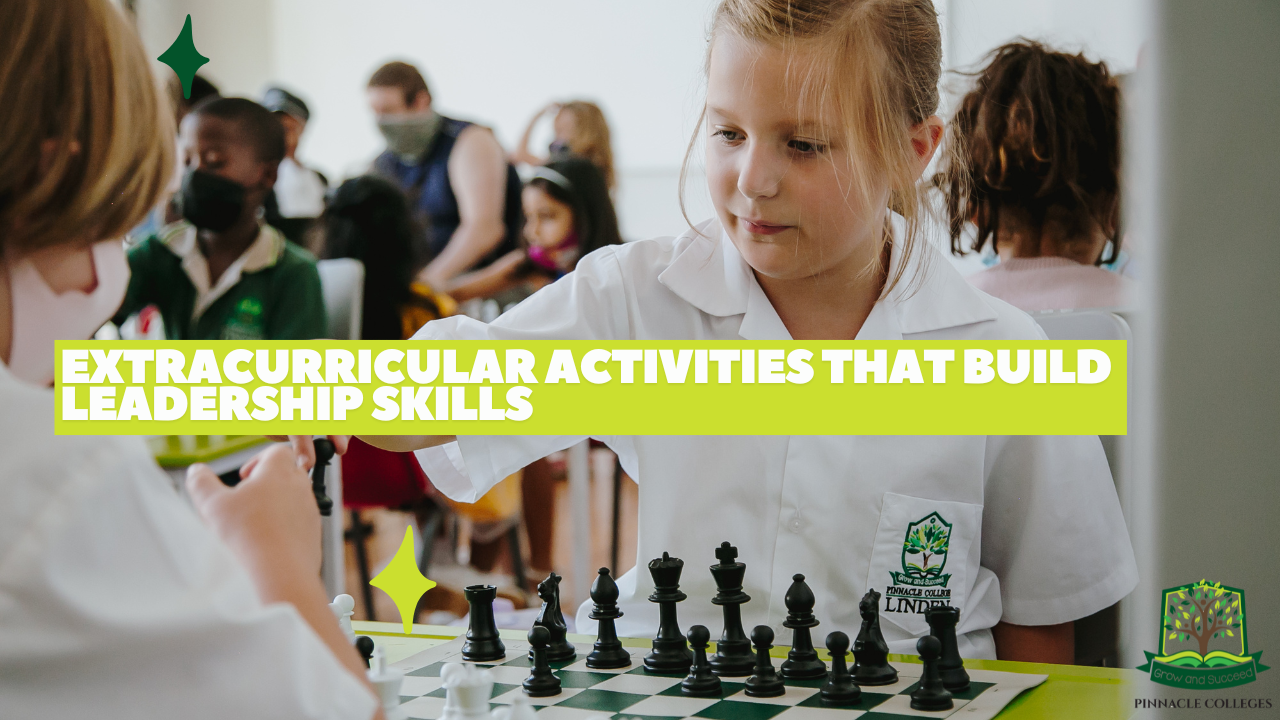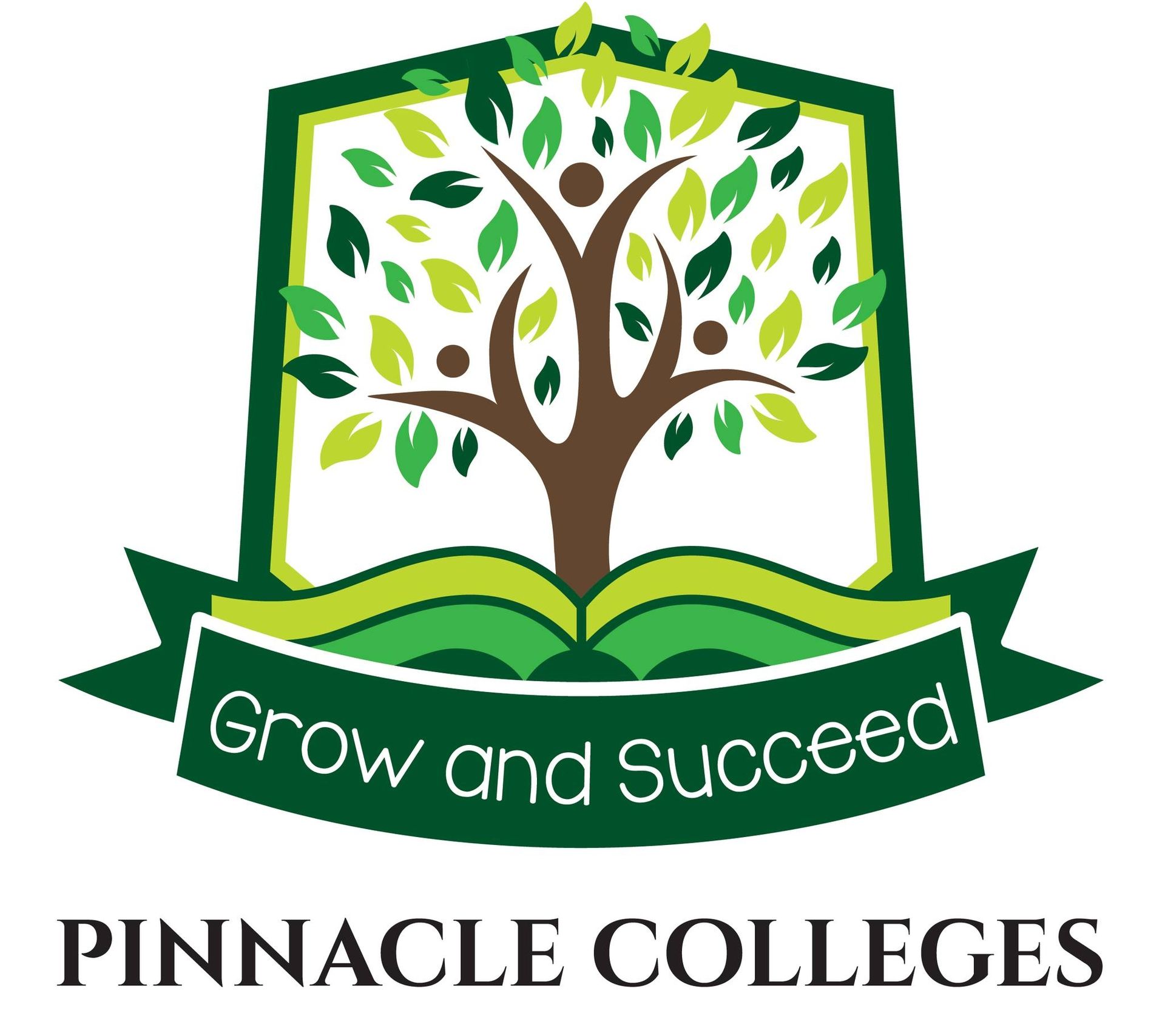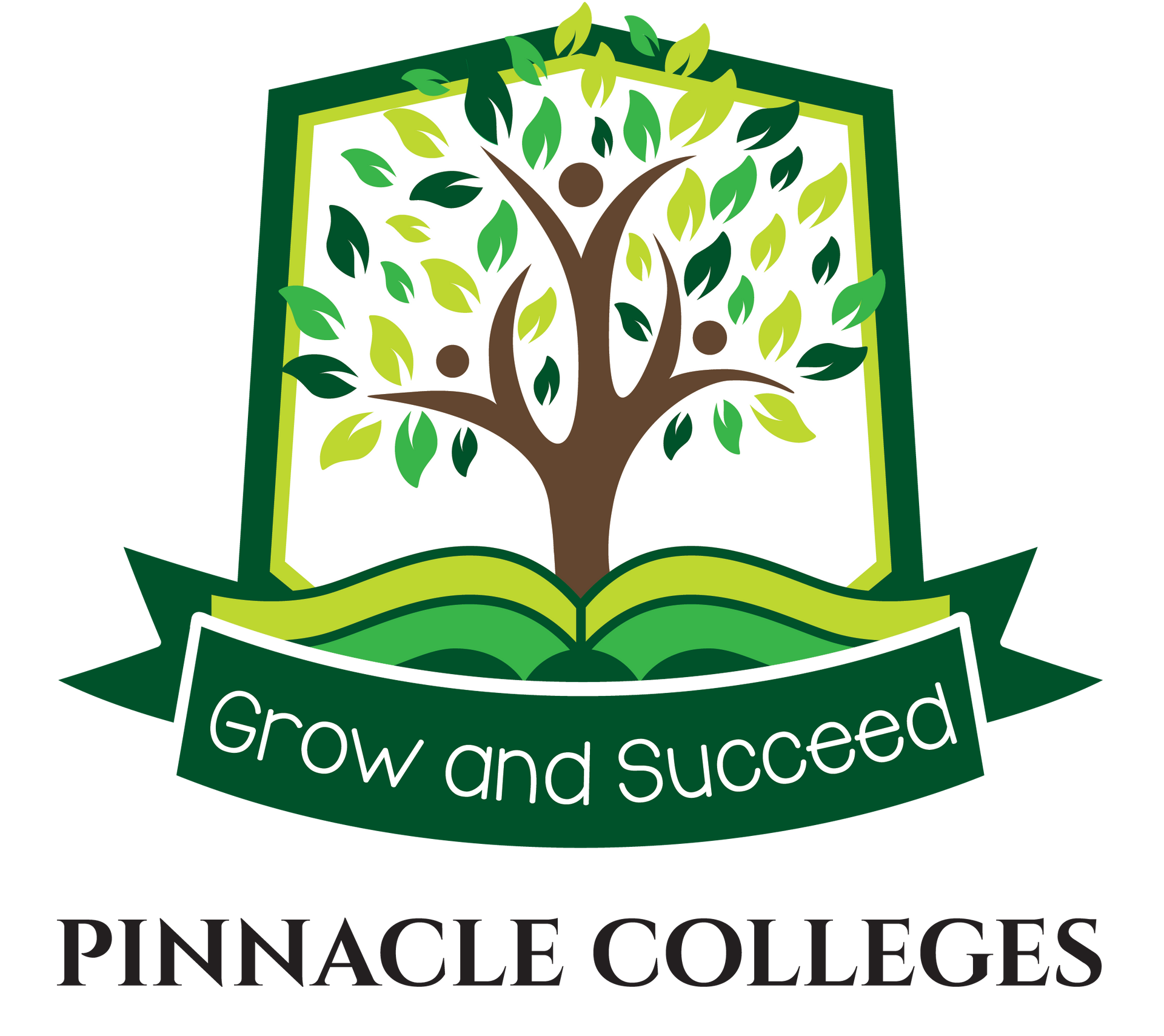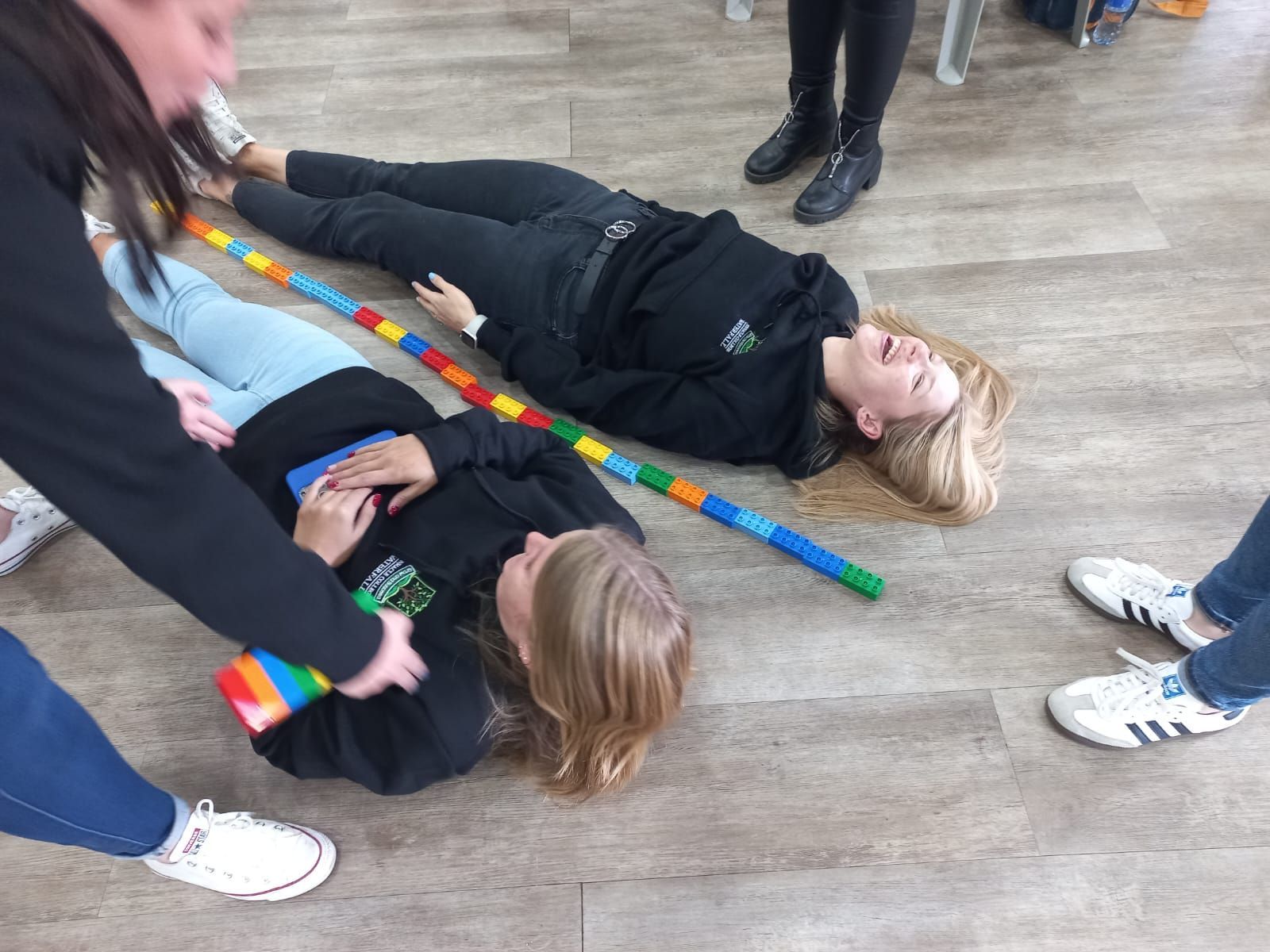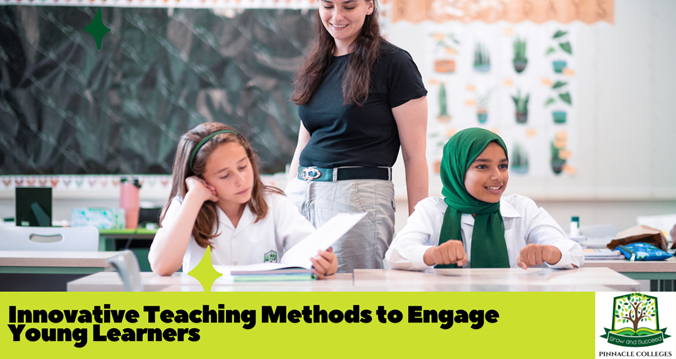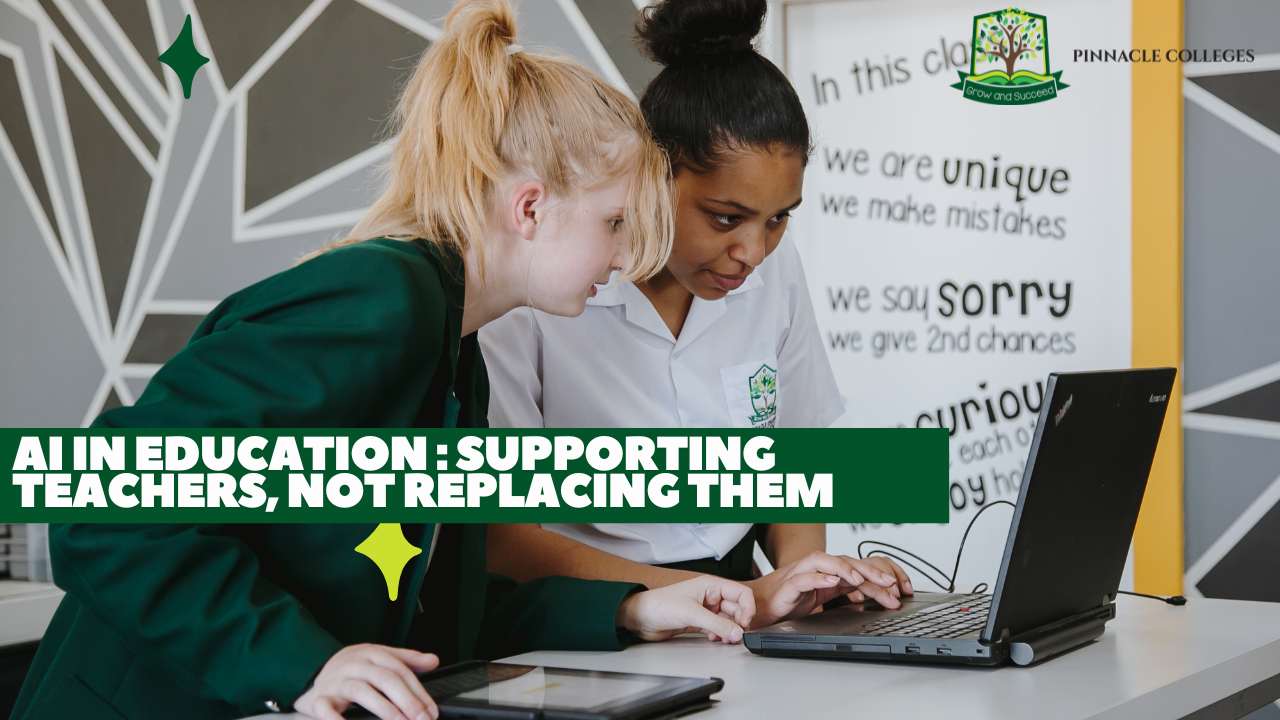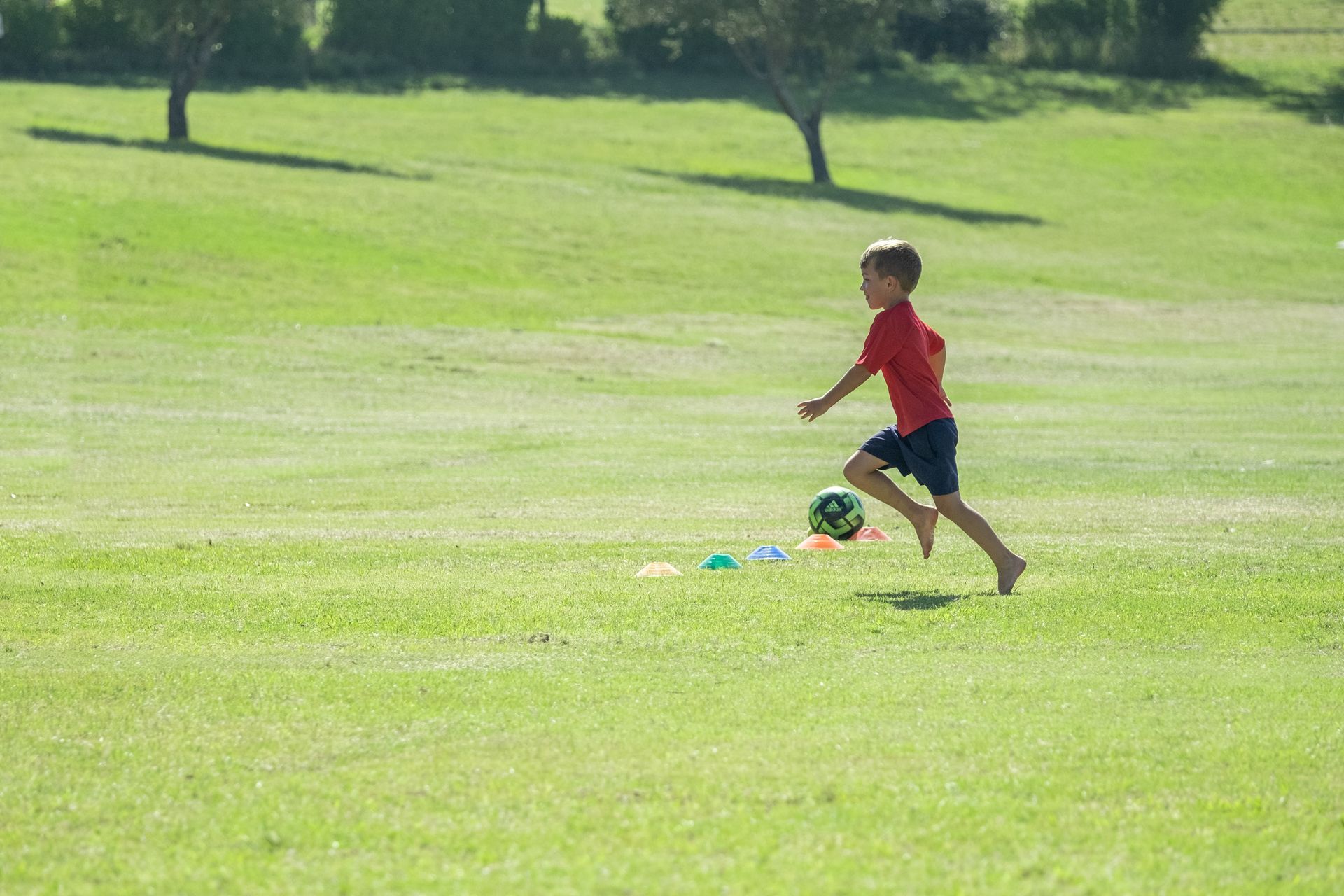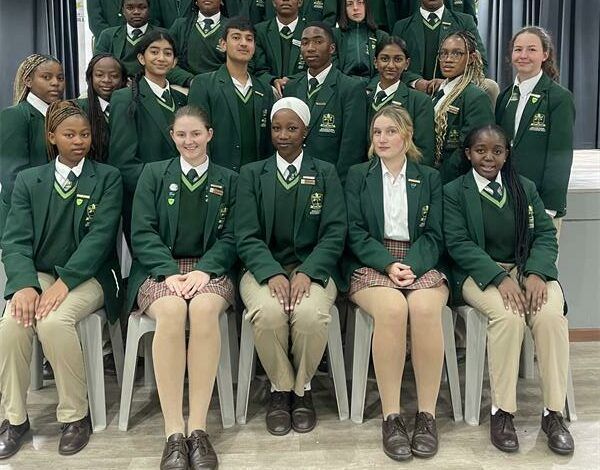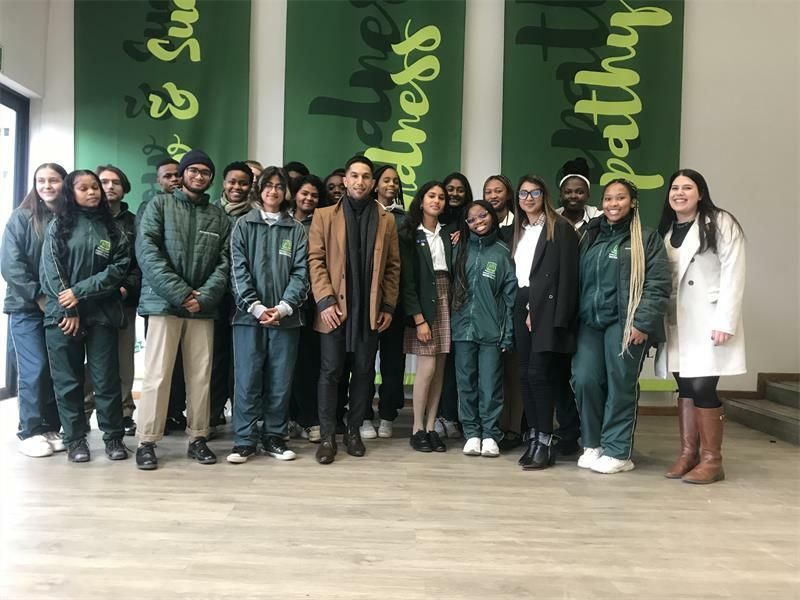EXPANDED OPTIONS FOR HIGH SCHOOL SUCCESS: FIND THE RIGHT FIT FOR YOUR CHILD

A mere cursory glance at social media and parent groups shows the anxieties and frustrations of parents with school going children today regarding access to an excellent education. Lack of access at public schools is a major challenge, with parents whose children qualify on all counts not gaining admission – through no fault on their part, but because of capacity constraints. Another observed challenge is that of children already at school, but where the environment is simply not preparing them for the modern world because of outdated pedagogies and ways of working, non-productive homework requirements, or a system that no longer serves the needs of students.
An education expert says while the above and other issues related to schools may feel like an impossible hill to climb for parents, the reality is that there are many options in the private sector of which parents may not be aware. Additionally, parents sometimes discard the idea of private education out of hand because of the perception that it might not be within their reach financially, when that is not necessarily the case.
“Over the past weeks, many parents have had to tell their children that they were not accepted at any of the schools to which they applied, despite them qualifying for access,” says Kassandra Strydom, Academic Advisor: ADvTECH Schools Division Central Academic Team.
“We’ve also noticed parents highlighting the struggles their children are facing because of personal challenges or circumstances, being just a number at school, being required to take subjects that are of no interest to them and being subjected to teaching methods and approaches that are out of touch regarding what is required in today’s world and what will be required of them in future.
“Parental concerns are becoming evident. We urge these parents to investigate the options open to them in the private sector, because it can make a world of difference in a child’s educational journey, their self-actualisation and future prospects, and their general wellbeing,” says Strydom.
Strydom says a key consideration for parents when investigating options in the private sector, is to consider WHAT KIND of school is right for their child, because unlike in the public sector, different private schools have very different offerings designed to cater to the specific needs of students and their families.
She says top-level considerations when assessing any private school, will include the following:
- Class size
- Teacher qualifications, experience and expertise
- Commitment to continued professional teacher development on the part of the school
- Teaching styles, methodology and environments
- The selection of curriculum and whether qualifications will be internationally recognised
- Fee structures
- Sport and extra-curricular offerings as well as facilities
- Additional academic support as well as programmes such as core skill development and EdTech integration
The kinds of private school offerings include the following:
MODERN AND PROGRESSIVE SCHOOLS
- Emphasis on learning by doing – hands-on projects, expeditionary learning, experiential learning
- Integrated curriculum focused on thematic units
- Strong emphasis on problem solving and critical thinking
- Group work and development of social skills
- Understanding and action as the goals of learning as opposed to rote knowledge
- Collaborative and cooperative learning projects
- Education for social responsibility and democracy
- Integration of community service and service-learning projects into the daily curriculum
- Selection of subject content by looking forward to ask what skills will be needed in future society
- De-emphasis on textbooks in favour of varied learning resources
- Emphasis on lifelong learning and social skills
- Assessment by evaluation of child's projects and production
- Ed tech enabled learning opportunities
These schools prepare students for responsible adulthood and potential leadership by laying an excellent academic foundation supported by future-focused skills that will ensure students have lifelong success
TRADITIONAL HOLISTIC SCHOOLS/ RELIGIOUS TRADITIONAL SCHOOLS
In addition to the above elements, traditional schools offer a strong academic focus with excellence in sport and culture opportunities for students. They seek to retain traditional values while preparing students for an ever-changing world. The recipe of following time-honoured traditions has been very successful and recognised for the excellent contributions it makes in every sphere of education and to the social and emotional development of each student.
SPECIALISED ACADEMIC SUPPORT AND ASSISTED LEARNING
These schools offer a non-traditional approach to education to support neurodiversity. The unique strategy creates opportunities for the academic support and nurturing of all students on their journey to achieving academic success.
All students are included, catered for, and receive the additional support they require. The school believes that when a student joins the school, they are taking the first step toward their best future. creating opportunities for self-fulfilment and self-actualisation for all students, to develop their potential regardless of differences. Each student is taught according to their unique needs and in accordance with an individualised development plan by a multi-dimensional specialist team who follow a neurodiverse approach.
School types as above can be broken down into top tier and mid-tier schools. The variety of school fee options can be aligned to the school’s offering. It is important to highlight that investigation into the academic success of students is important as this is possible at all fee levels, but the offering of additional subjects and activities vary.
ONLINE HOME SCHOOLING
Parents may consider investigating online/ homeschool options, but are urged to ensure that their chosen school focuses on ‘cognitive’ screentime – where students are able to engage during lessons – rather than opt for a ‘paper behind glass’ approach, which may impact successful study.
“Very importantly, parents should feel comfortable that whichever school they choose, it has academic excellence at the core of its offering. Once that has been established, and the basic top-level considerations have been satisfied, parents can settle on the perfect environment for their child which fits with their budget, which will not only impact on the wellbeing and future preparedness of the child, but also on the family’s wellbeing as a whole,” says Strydom.
ENDS
ABOUT ADvTECH
The ADvTECH Group, a JSE-listed company, is Africa’s largest private education provider and a continental leader in quality education, training, skills development, and placement services. The Group reports its performance in a segmental structure reflecting the Schools and Tertiary as two separate education divisions, and Resourcing as the third division. ADvTECH’s Schools division comprises 9 brands with more than 108 schools across South Africa and the rest of Africa, including Gaborone International School in Botswana, and The Makini Group of Schools and Crawford International in Kenya.
It owns 9 tertiary brands, across 32 campuses across South Africa and the rest of Africa.
ADvTECH’s 8 resourcing brands places thousands of candidates annually, assisting graduates to make the transition from the world of study to the world of work.
